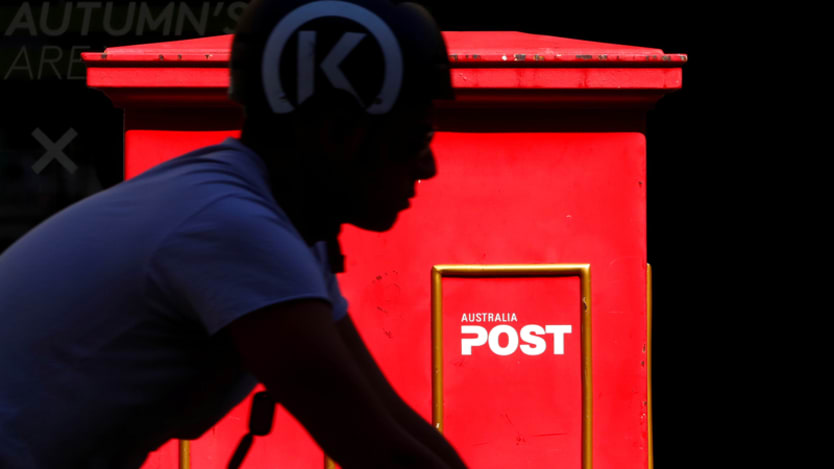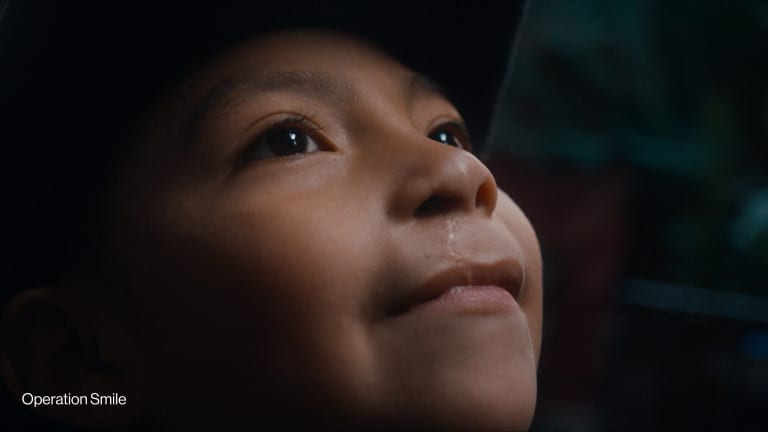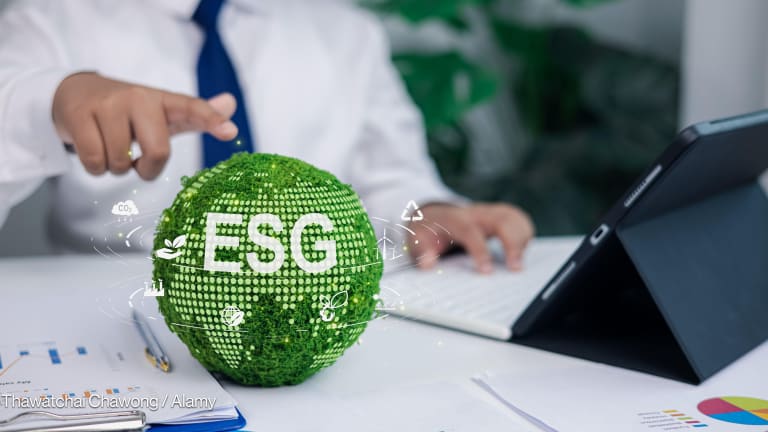
CANBERRA — The adoption of the Sustainable Development Goals in 2015 provided Susan Mizrahi, head of corporate responsibility at Australia Post, with an opportunity to refocus corporate responsibility to tie with expected national strategies for the implementation of the goals.
While the national strategy has not taken off yet, it has not stopped Australia Post progressing with its objectives of using the SDGs as a framework for doing business. Speaking with Devex, Mizrahi discusses how she pushes the boundaries of the organization’s understanding of how and where it can make an impact for the better.
“We’re a connector of communities and should be leading the way,” Mizrahi told Devex.
This conversation has been edited for length and clarity.
“The only reason they [companies] didn’t sign onto it [SDGs] earlier was because they were feeling like they were already doing it.”
— Susan Mizrahi, head of corporate responsibility, Australia PostAs you have been engaging Australia Post on the discussion of the SDGs since their signing, how has the conversation on sustainability and the SDGs been shifting within the organization over the past few years?
Probably the first conversation I had around the SDGs was with Ahmed Fahour [former CEO of Australia Post] in his office. We were presented with the opportunity to sign the CEO statement of support and Ahmed was the first in Australia to sign that. He was passionate about aspects of the sustainability agenda — and gave us the commitment from the top at the start.
Sustainability and business
► Q&A: Understanding sustainability at Qantas
► 5 lessons on how to make sustainable change in business
► Q&A: What does sustainable finance look like at National Australia Bank?
Australia Post is an organization that always seeks to do the right thing within the communities in which we operate and it has a nice culture. We are bound from a legislative perspective to provide both a profit and a community service. We perhaps don’t have the point of friction other for-profit companies do where there has to be a significant trade-off.
But what I did find, when the SDGs did first come out, was that this created a challenge with stakeholders saying we already had a good environmental program underway, or reconciliation action plan, and proactive engagement with communities — and they didn’t necessarily see the SDGs as a galvanizing force.
But after Ahmed signed the CEO statement and we had Christine [Holgate, CEO of Australia Post] come on board — who, as an enormous champion of the SDGs — and more companies globally were talking about the SDGs then I found it easier to get people to sign onto it internally. The only reason they didn’t sign onto it earlier was because they were feeling like they were already doing it.
But we have been successful in putting the SDGs at the center of our safety strategy, our environmental action plan, our indigenous reconciliation action plan, our broad diversity strategy, and underpinning our community engagement and outreach strategy.
So that has been happening at the strategy level — and a new corporate responsibility strategy will soon be signed off with the SDGs again at the center.
What has been the process of developing this new corporate responsibility strategy?
That was a significant piece of work. My corporate responsibility team is small — there are just four of us, but we work in partnership with other aspects of the business and we needed to engage stakeholders across Australia Post. And this is not just a one-off meeting.
It requires us to challenge people and ask what they think we should be aiming for. They might have come back with something, frankly, that myself and my team did not think was ambitious enough. And it is confronting at times for some of those people — they are seeing that you’re not their manager but are imposing on them a responsibility to lift their game in an area they didn’t feel they needed to.
So sustainability professionals have a constant challenge to work closely with their internal stakeholders to support them, but It is a dance. I did not want to go to managers of the areas I was engaging with without first engaging my peers — they may not be cooperative moving forward.
With time constraints, I got the strategy as solid as I could and put it to our executive team and met with them one on one and received an overwhelmingly positive response from them. So I’m confident the strategy will be moving ahead soon.
How have your social impact and responsibility strategies been assisting in engaging stakeholders and improving Australia Post’s business?
It’s a positive reinforcing cycle because we are getting more awards and can then cite them in tenders to win more business.
But we have a long history in this space we can reference. Australia Post actually had an indigenous employment strategy in 1988.
Our first environmental action plan, which we launched in June 2018, has helped us engage stakeholders in reconsidering Australia Post’s role in environmental responsibility — many didn’t think about our impact on the environment or put environmental thinking at the forefront when they were considering our role. But we have the largest regional footprint and ground fleet in the country so we are a big carbon emitter. Putting together an action plan to better educate and support our stakeholders.
And with a core aspect of our business growth strategy focused on e-shopping, that brings a lot of packaging and encouraging consumerism. So we feel we need to be on the front foot in responding to environmental matters that are new and emerging.
Australia Post is in a position to engage a range of stakeholders on new strategies that can show leadership in sustainability — so what are other future initiatives we can expect?
A number of years ago we looked at shared responsibility and at the center were three areas we could do more in. One was digital inclusion because our core product is shifting significantly — and we don’t want anyone left behind in a digital economy. The other one that was noteable to us was around helping to facilitate a circular economy because of increased packaging. The third aspect we identified was social inclusion —- with our diverse workforce, inclusion in every community and all Australians being our customers.
Our emerging initiatives focus around these three areas. We have established stakeholder groups with 30-40 people who come together from various sectors and help us come up with ideas to pilot and implement.
Previously this has seen us partner with Nespresso to develop a waterproof satchel Nespresso customers can use to return used aluminum pods within any postbox without contaminating other products. We partnered with Nespresso because there was no avenue in Australia for the to recycle aluminum and now they are able to.
We want to come up with other innovative solutions like that. We’re a connector of communities and should be leading the way.








